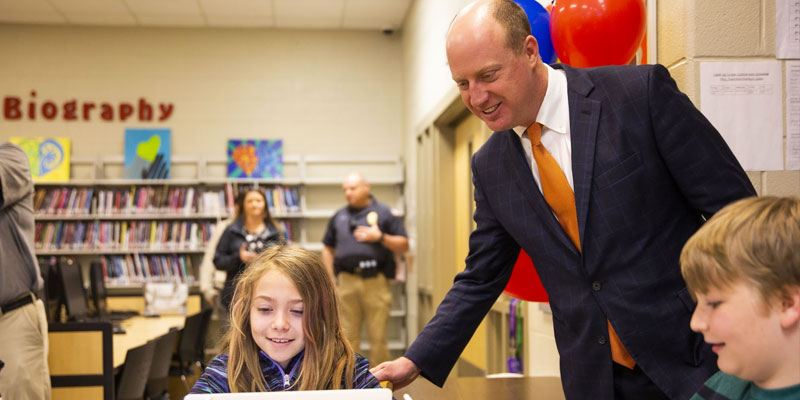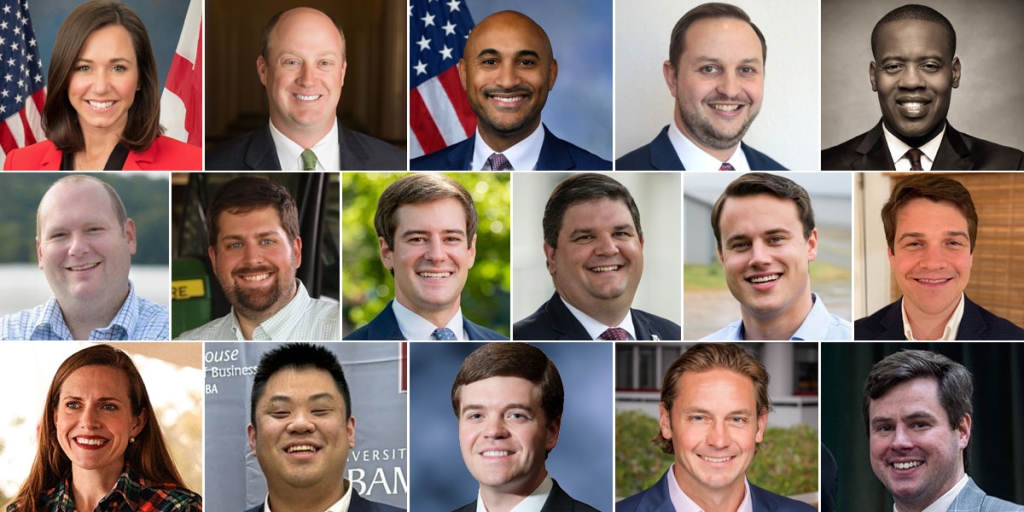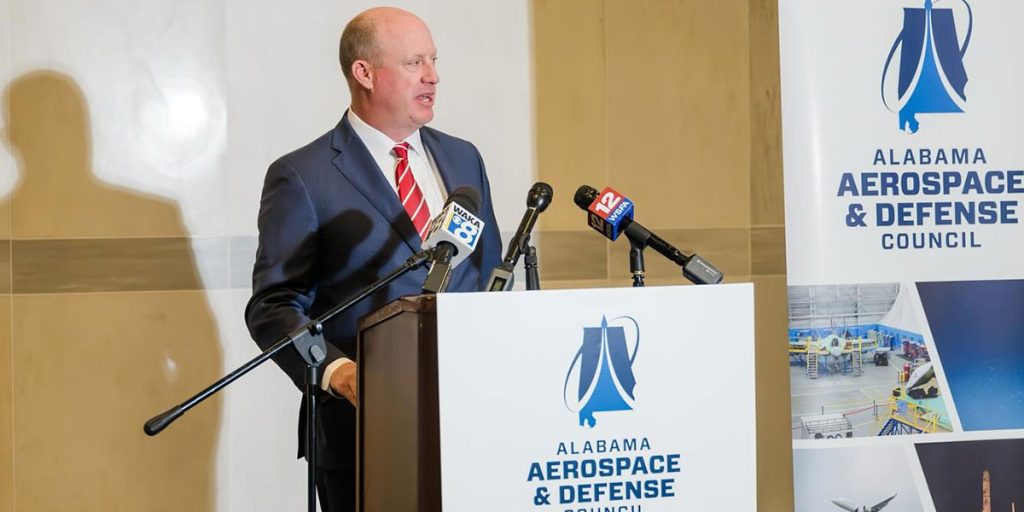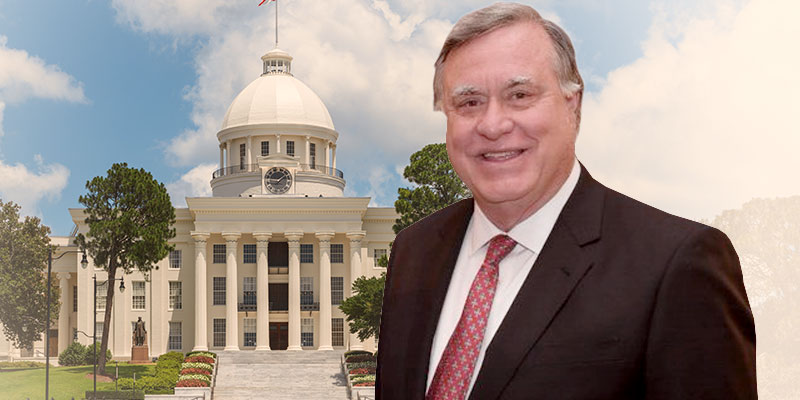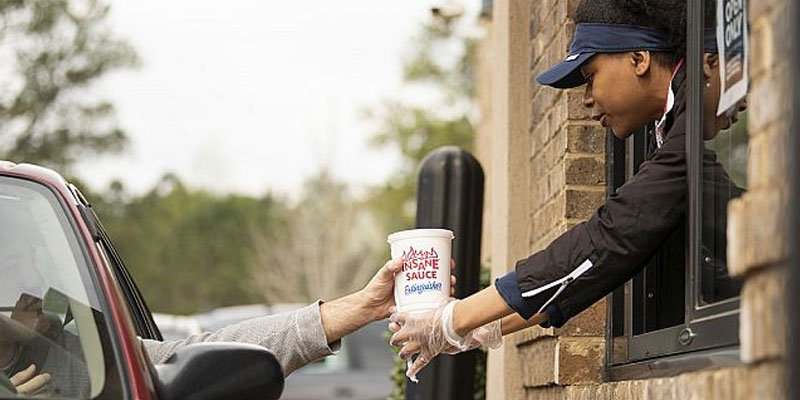Governor Kay Ivey, State Superintendent of Education Dr. Eric Mackey and the members of his learning options task force deserve commendation for making the difficult decision to keep K-12 public schools across Alabama physically closed for the remainder of the academic year.
The closure certainly disappoints students who will remain separated from their teachers and classmates for the time being, and some parents may even be wary of its necessity, but the public health and safety of millions of Alabamians demanded that it be done.
Consider for a moment that in the past two weeks, almost 550 COVID-19 cases have been diagnosed in Alabama, and those numbers continue to climb dramatically each day. Deaths are beginning to occur across the state, and dozens of Alabamians are at this moment fighting for their lives on ICU ventilators.
Proms and graduation ceremonies can be held at a later date, and extracurricular activities and sports can be postponed, but protecting our families and stopping the spread of this invisible killer requires us to take action now.
My wife, Kendall, and I are parents to twin boys, Hunter and Hays, who are in fourth grade, and a daughter, Addie, who is in second grade, so we understand that the responsibility of continuing their education falls on our shoulders for the foreseeable future.
Each parent across the state is going to have to set up and follow a school structure from home for their children in order to ensure they do not fall behind academically. Parental responsibility has never been more important.
To assist in those efforts, Dr. Mackey and his task force are working with each school district to provide instructional support to homebound students through distance learning, which allows teachers to share lessons, answer questions, and give assignments using broadband Internet and video technology.
Dr. Mackey and team have published guidance that will help school districts be able to serve students who do not have access to broadband internet. In some cases, instructional packets will be assembled and sent to the home, and completed assignments will be returned through the mail.
Alabama Public Television has also committed to broadcast classroom instructional programs for K-12 public school students studying at home.
Many students from low-income backgrounds depend upon their schools to provide free or reduced-cost breakfasts and lunches and supplement the nutrition that they may be lacking at home.
To help ensure these students receive the nourishment they need, a number of locations across the state are making free meals available to any child who is 18-years-old or younger. No paperwork is required, and no questions are asked, but to ensure social distancing is maintained, the meals must be picked up onsite and consumed elsewhere.
A list of feeding locations in cities, towns, and communities across Alabama may be found by visiting www.breakforaplate.com on the Internet.
Likewise, in areas where school supplies prove scarce or difficult to acquire, school systems may deliver them to students according to bus routes.
Local systems will be working, as well, to provide necessary services and continuing support to students with disabilities and special needs.
Reopening our classrooms in the long-term will depend upon every Alabamian following social distancing, self-isolation, and other public health guidelines in the short-term.
Even with hospitals in New York, California, and Louisiana exceeding capacity and COVID-19 cases in Alabama on the rise, too many among us are not taking the threat seriously, and by doing so, they are endangering themselves and everyone they encounter.
The best way to stop this virus is to act as if you have the virus by staying home, avoiding public situations to the fullest extent possible, and using simple common sense.
As I have noted before, Alabamians have always shown courage in a crisis, so the best way that we can all stand together against COVID-19 is by staying apart.
The on-going pandemic has forced many inconveniences and changes in our daily lives, and the closure of schools for the coming months certainly ranks high among them.
But emptying our schools to protect the public health and safety is far better than having them empty because our children are sick and fighting for their lives against the COVID-19 virus.
Will Ainsworth is the lieutenant governor of Alabama and serves as an appointed member of Gov. Kay Ivey’s COVID-19 Task Force.




